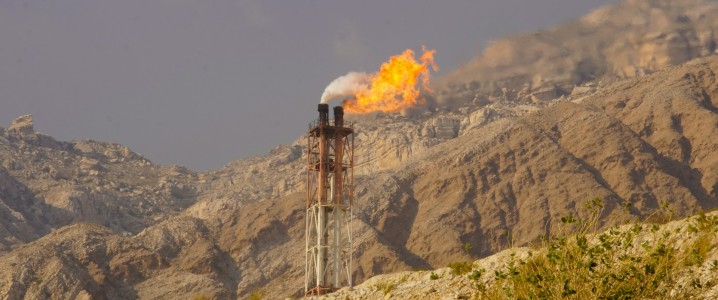Iraq expects crude oil exports from the semi-autonomous region of Kurdistan via pipeline to Turkey to resume this week, Iraqi Foreign Minister Fuad Hussein has told Bloomberg in an interview.
Oil exports from Kurdistan have been halted for two and a half years, after they were shut in in March 2023 due to a dispute over who should authorize the Kurdish exports. Despite some breakthroughs in negotiations in recent months, the disagreements have continued.
The restart of exports to the Turkish Mediterranean port of Ceyhan will take place “most likely this week,” following a breakthrough in discussions for an agreement between the federal government, the Kurdistan Regional Government (KRG), and the oil companies operating in Kurdistan, the official said.
Initially, about 230,000 barrels per day (bpd) from Kurdistan will be exported, and this volume to rise up to 500,000 bpd with new investments to increase production, the Iraqi minister told Bloomberg.
Eight oil companies operating fields in Kurdistan have reached an agreement with the Iraqi central government and the Kurdistan Regional Government that would enable the restart of exports from the region.
“This framework, once signed and implemented, should allow exports to restart in the coming days, while providing a path toward longer-term arrangements,” the association of oil producers in Kurdistan said. The companies involved in the agreement represent 90% of oil production in the northern Iraqi region, the New Arab reported, noting two companies have not signed off on the deal yet.
Norwegian DNO ASA and British Genel Energy have refused to sign a deal until the Kurdistan Regional Government provides guarantees that they will receive the money it owes them.
The suspension of oil flows in 2023 has cost Iraq and Kurdistan some $26 billion in lost oil income, the KRG’s head of foreign relations told media earlier this month.
Additional supply from Kurdistan is set to hit the oil market at a time when analysts, forecasters, and traders expect oversupply to start building with the end of the peak summer demand season.
By Tsvetana Paraskova for Oilprice.com
More Top Reads From Oilprice.com

